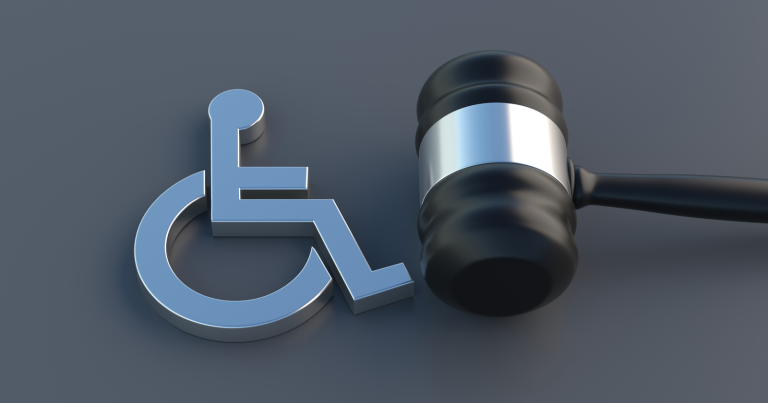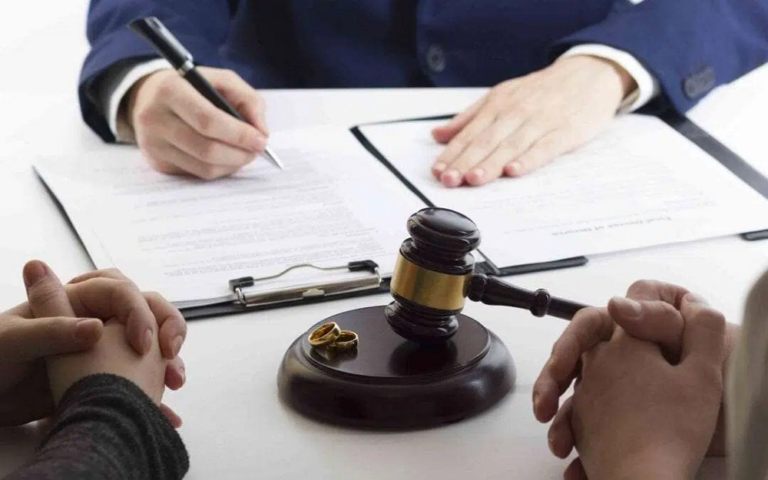
When someone dies, their property and assets must be distributed according to their will or through the probate process. This is where a probate attorney comes in. They guide the process and make sure that the distribution goes as smoothly as possible. Probate attorneys are also responsible for settling any debts or liabilities of the deceased. If you need help navigating the probate process, an experienced attorney can be a big help.
- Your probate attorney will submit the probate petition to designate a person to serve as the designee of the estate.
- Additionally, the attorney is in charge of all the other necessary court actions. For instance, they could start or defend a will contest to determine who will be the executor of the estate. The handle the claims made by creditors and also provides notice of the probate to creditors, as well as heirs, beneficiaries, and other individuals who are legally entitled to receive notice of the probate.
- When all of the different administrative procedures have been finished, they will next write a petition for final distribution and file it with the appropriate authorities. This petition informs the court of the activities that have been carried out by the personal representative during his tenure as administrator. The final petition provides the heirs with an accounting of the assets and money that have been transferred into the possession of the personal representative.
- In the end, the attorney submits a request to the court for an order seeking permission and direction for the personal representative to carry out the terms of the will regarding the distribution of the property.
- If there is any property that is owned in another state, the attorney who is doing the main probate may also have to deal with the attorney who is handling the ancillary probate. There is also the possibility of non-probate concerns requiring legal attention, such as obtaining, receiving, or obtaining money from a life insurance policy, as well as dealing with items like the payment of annuities.
Potential problems that may occur when one does not have an attorney
- A probate attorney‘s role often includes advising a personal representative on the legal responsibilities that come with the position, as well as monitoring the personal representative’s compliance with those responsibilities. The heirs and beneficiaries of an estate look to the personal representative as someone who is acting in a fiduciary capacity on their behalf. This indicates that he is obligated to take care of those individuals and is compelled to put his or her own interests to one side in order to prioritize those of the beneficiaries.
- The preparation and submission of a comprehensive and conclusive record of the executor’s actions throughout his or her tenure as personal representative is one of the most important things that need to be done. This comprises information regarding bank accounts and deposits, sums received, bills paid, sales of securities and receiving of dividends or losses on the sales, and so on and so forth.
- The process of accounting can become fairly challenging. Even if they don’t use them for anything else, the vast majority of personal representatives end up hiring an attorney to handle the accounting role.
Wrapping up
When dealing with estates that are more complex, it is common practice to hire an accounting company that is experienced with the rules for accounting that are imposed by the court. An attorney will take possession of the accounting, go through it with the client, and then create a petition for the final delivery and accounting. In this way, the heirs are informed about what transpired in the estate and how much each person is entitled to inherit as a result of the proceedings.






